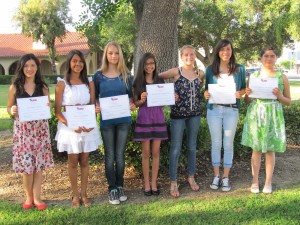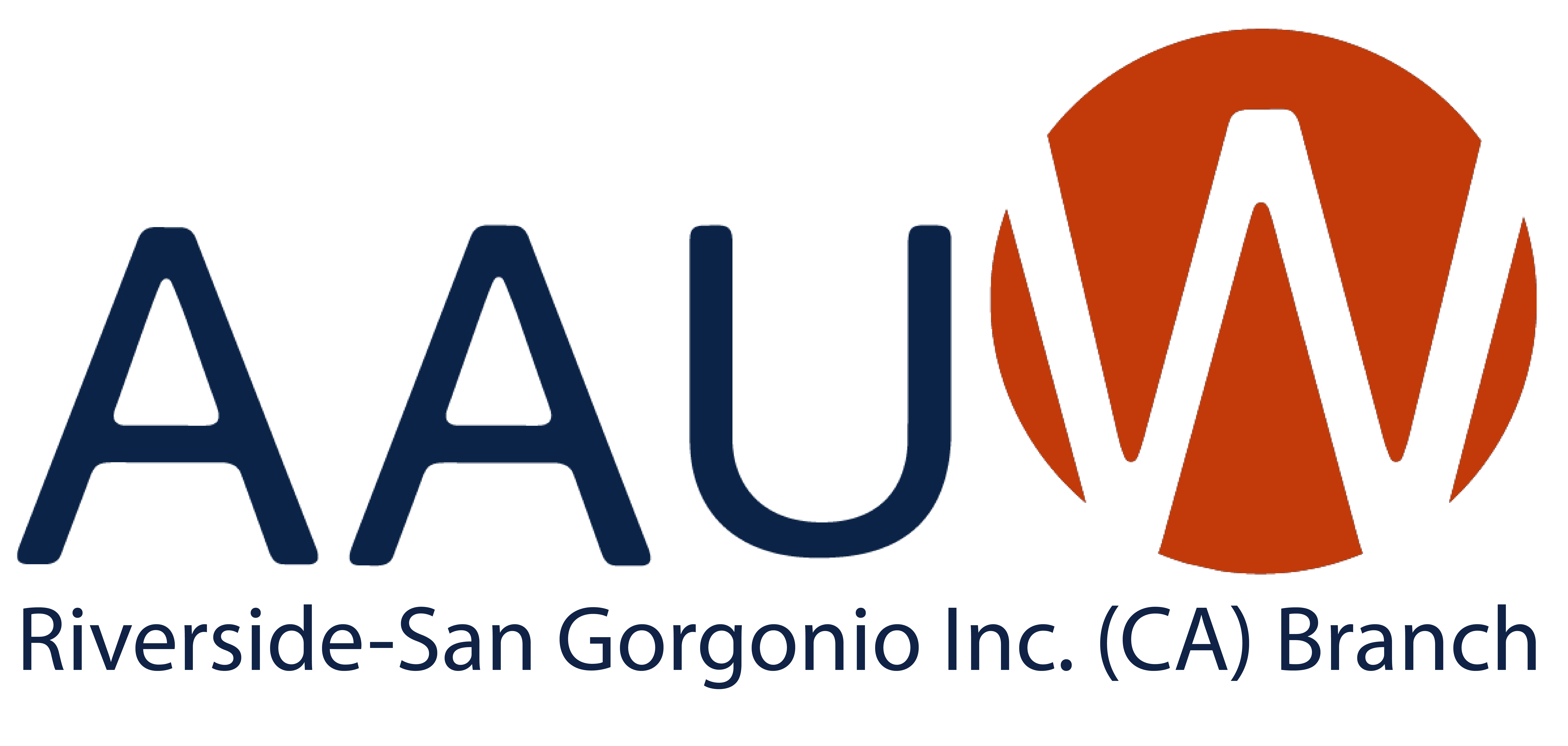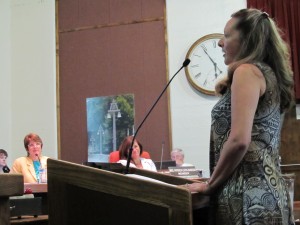The number of first time, full time students enrolled in science and engineering programs has increased approximately 50 percent since 2000, from 78,400 to 118,500. However, a recent study by the National Science Foundation indicates that growth in STEM programs (science, technology, engineering, and math) peaked in 2008 and has since declined. In 2008, the growth rate for science programs was 8.2 percent, and for engineering programs, 6 percent. Both rates have since decreased; science programs are now growing at a rate of 1.7 percent, and engineering, 4 percent. Although overall growth has slowed in recent years, the rate for women’s enrollment in STEM programs has continued to increase. However, women continue to be vastly underrepresented in STEM fields; in 2009, only 11 percent of engineers, 19 percent of technicians, and 25 percent of mathematicians or computer scientists were women.
AAUW California Election Results
If you want to know the AAUW California election results click HERE.
Tech Trek Girls Honored by School Board
By Taffy Geith
The Riverside Branch of the American Association of University Women, (AAUW), had the opportunity to present the seven middle school girls chosen as the 2012 Tech Trek scholarship winners to the Riverside Unified School District Board of Trustees on May 21. Lisa Newhall, Tech Trek Coordinator, began by expressing the AAU W Mission to promote equity for women and girls through education, research, philanthropy, and advocacy. She defined the Tech Trek program as a week-long summer camp held at UC San Diego that stresses science, math, and related technical subjects for girls going into eighth grade. The girls live in the campus dorms, attend daily core classes, and rotating labs, take field trips and marine biology boat trips. Instructors include credentialed middle school teachers, and professional women engaged in technical fields. All of this allows the students to develop and increase their interests and gain confidence before entering eighth grade. Further, the university campus experience has many social benefits as students interact with others their own ages as well as observe the professional behavior and computer excellence of those adults going about their daily lives.
Lisa gave a brief history of the Tech Trek Program that began in California in 1998 in Stanford, California. The Riverside Branch began participating in 2004 by sending two students, however, this year the Riverside Branch raised enough funds to send seven students. Guidelines for the Program require a rigorous process for these students to undergo in order to be selected. Seventh grade teachers nominate girls interested in math and science, who then submit applications and essays that are reviewed, some are chosen to be interviewed, and after careful consideration, the Tech Trek Committee makes the final selection. Lisa introduced the following girls as the scholarship winners to attend Tech Trek June 24-30 at UC San Diego: Alyssa Saldana from Earhart Middle School, Carolyn Perez and Fernanda Delgadillo from University Heights Middle School, Audrey Dunn from Miller Middle School, Rachael Newhall from Gage Middle School, and Kaylen Gomez and Andrea Galvez-McDonough from Chemawa Middle School.

From left to right: Carolyn Perez, Alyssa Saldana, Audrey Dunn, Fernanda Delgadillo, Rachel Newhall, Kaylen Gomez, Andrea Galvez-McDonough
To those present, the sight of these seven young students shaking hands with Mrs. Cloud, School Board President, and Dr. Miller, School Superintendent, as the audience showed their appreciation, was inspiring and reassuring. This should be an enriching learning experience for all of them, and, hopefully, these students will some day say, “my life was made different” because I went to Tech Trek summer camp.
Funds for these scholarships were provided by the California Retired Teachers, Supervisors John Tavaglione and Bob Buster, The Dibbler Garden Club, and membership donations. The Riverside Branch of AAUW invites donations for next year’s summer camp at UC San Diego. (For information: call Jo Turner, 951-786-3966). The STEM subjects (science, technology, engineering and math) are the focus of worldwide attention and are under represented by women. By encouraging middle school girls as potential scholars, the Riverside Branch of AAUW is fulfilling its mission in the very best way.
House Votes Down Paycheck Fairness Act Consideration
 The U.S. House of Representatives voted 233-180 Thursday against taking up the Paycheck Fairness Act (H.R. 1519). Two Democrats voted against taking up the bill, and no Republican voted to consider the legislation. The Senate will vote on Tuesday, June 5, on the companion Paycheck Fairness Act (S. 3220).
The U.S. House of Representatives voted 233-180 Thursday against taking up the Paycheck Fairness Act (H.R. 1519). Two Democrats voted against taking up the bill, and no Republican voted to consider the legislation. The Senate will vote on Tuesday, June 5, on the companion Paycheck Fairness Act (S. 3220).
In a statement after the House vote, AAUW applauded the efforts of Minority Leader Nancy Pelosi (D-CA) and Rep. Rosa DeLauro (D-CT) in securing a vote on the bill but expressed disappointment over the outcome. “The House of Representatives had a chance to make real change in the lives of American women and their families today but instead settled on a partisan stalemate,” said Lisa Maatz, AAUW director of public policy and government relations.
Most Waitresses Cannot Afford Basic Needs
Ninety percent of female servers are not paid enough to afford housing, utilities, food, transportation, child care, health care, and emergency and retirement savings, according to the 2012 Basic Economic Security Index. This compares to 75 percent of male servers who cannot afford basic needs. Servers have trouble making ends meet because of a federal provision that established a sub-minimum wage for tipped workers at $2.15 per hour, or $4,333 a year for full-time work. Forty-five states have slightly raised sub-minimum wages. The federal full minimum wage is $7.25 per hour or about $15,000 a year.
Restaurant Opportunities Centers, a national nonprofit restaurant worker organization, wants to raise the federal minimum wage for tipped workers to 70 percent of the regular minimum wage. The sub-minimum wage has remained the same since 1991. Gender inequality is also widespread among restaurant workers; female workers averaged $1.53 per hour less than male restaurant workers in 2009, according to the U.S. Census Bureau.
This is another example of the need to pass the Fair Wage Act. Keep your eye out for developments in this area.

